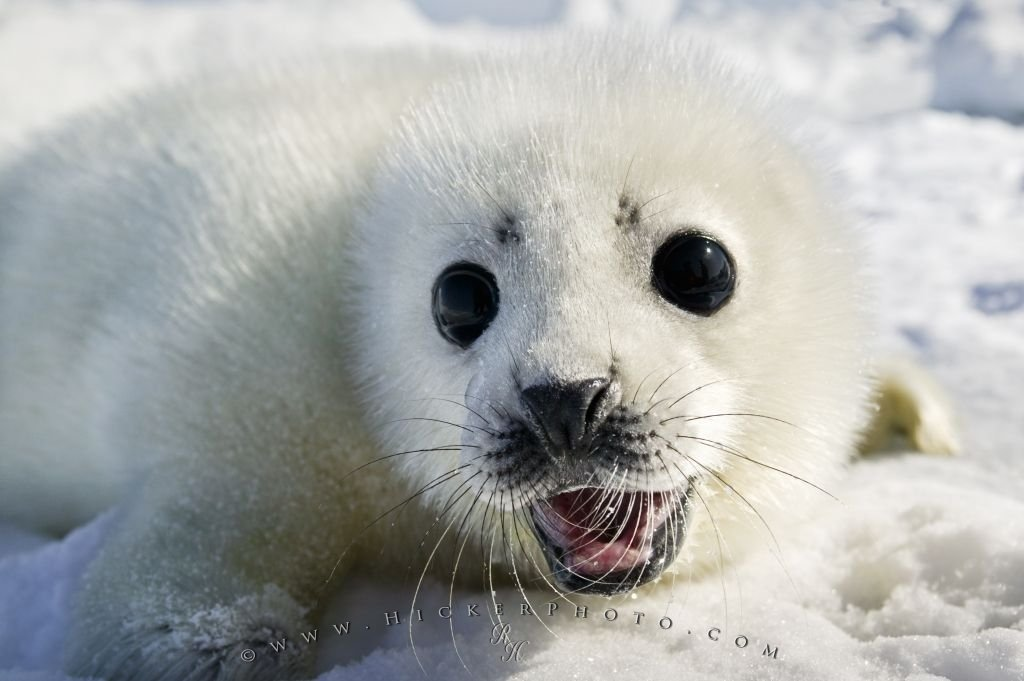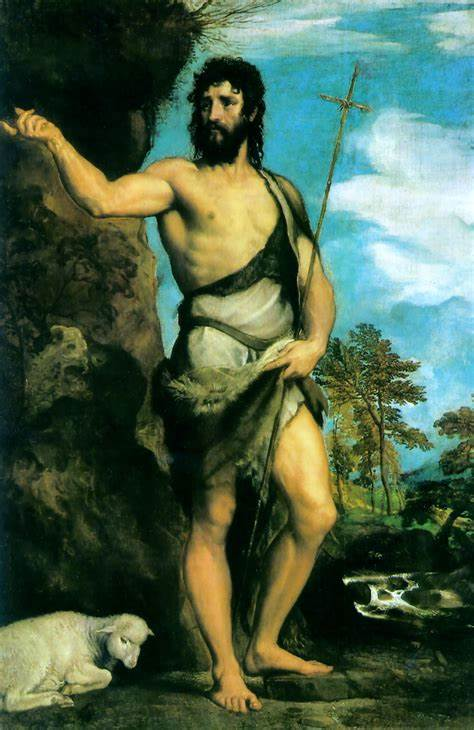Bob Arthur was at sixes-and-sevens Monday morning as he headed out for another day at Climate Activists For Peace, the nonprofit advocacy group which he founded and headed. In its halcyon years, the organization had been flush with money, its treasury and coffers filled with donations from major corporate contributors and small, concerned, farmers from Chillicothe and Bolivar; but now, even before the Trump cavalcade, its fortunes were waning.
People didn't seem to care as much as they did about global warming, the melting of the ice caps, the displacement of harbor seals and humpback whales, and the slow incineration of woodlands and prairies.
'We must do more', said Bob to his staff now reduced to a scant few believers, young people for whom a good cause was worth far more than any other use of their time. Their colleagues' pursuit of the almighty dollar would lead them nowhere but into the morass of capitalist greed, but they were changing the world for the better, the few, the committed, and the remarkable. It was this esprit de corps, personal need, and hope for an epiphany that kept them in a dingy office building far east of the park, a never-never land not quite slum, not yet gentrified, and certainly a boarded fixer-up low rent kind of place to which they moved from K Street once the cash register stopped ringing.
Yet, this was the cachet hat suited them, latter-day prophets, St. John the Baptists preparing the way for the coming of the Lord. 'Repent!' they shouted to the White House from Lafayette Park, 'Repent before it is too late' but more and more the circle of listeners was sparse and spare, especially in January when the streets of the capital were icy, and patches of dirty, unplowed snow blocked gutters and melted only slightly at midday. Global warming was always a hard sell in mid-winter, especially when it was a really cold one, Artic tsunamis of bitter cold chasing any thoughts of the coming climate disaster.
Bob had prepped his minions accordingly. The unusual cold was a result of global warming, he said, for as the ice caps melted and the waters of the North Atlantic and Pacific cooled, air temperatures followed. 'It might seem counter-intuitive', said Bob, but it's the gospel truth.
Of course it wasn't anything close to the truth, and just a convenient cover for an apocalyptic scenario of fading interest. 'The science', Bob said. 'The science', the fix-all for all naysayers.
Bob in his fungible progressivism had been a frontline worker in the fight against COVID. There too it was all about 'the science', and even now, despite the rhythmic debunking of theory after theory - social distancing, masking, hand washing, and all the rest - Bob still insisted on the Holy Grail of scientific inquiry. In the case of COVID even when the science had no proof that children were particularly potent vectors of the virus, a better-safe-than-sorry approach was taken, schools were shut down, and young students lost two years of interactive social and academic education.
He had lost none of that emotional neediness, and tried his hardest to instill the same better-safe-than-sorry ethos about climate change into his young, equally impressionable charges.
They dutifully hammered on about the crisping of crops, the drying up of streams and lakes, wild infestation, new breeding pools for pernicious viruses and lethal bacteria, and an all-out topsy-turvy world of winter sunburn and summer drought.
Billy Baxter had been invited to speak at Duke, his alma mater, and redoubt of academic liberalism. There every single one of progressive causes were espoused, embraced, and promoted. A transgender black man was president of the student body, Bernal Heights tough girls were on the admissions committee, and competitive free style and butterfly swimming events had been replaced by gay water ballet and friendly, boys-will-be-boys happy water polo. Black people were everywhere, lounging on the quad, sitting on stoops, taking a desultory interest in classwork just like back in ghetto; but here on the Duke campus, their casual indifference was celebrated, honored for its 'authenticity'.
However to his surprise only a few students were in the audience for his lecture. Somehow without his knowing, climate change had evaporated as a cause celebre. 'It must be all this racial identity and gender fluidity', he reasoned, a zero sum game of political commitment - up with black people, down with the survival of the Arctic char.
Trying to gin up enthusiasm, he showed his most disturbing, apocalyptic images, but the audience stayed buried in their phones and after a few desultory questions, filed out of the auditorium without applause or notice.
'How'd it go?', asked Bob when Billy returned to the office. Billy didn't have the heart to tell his boss that the movement had run out of steam, and black-this-black-that had captivated young people, so enthusiastically reported a cheering, yelling, caps in the air response. No point in upsetting the old man, not at the nadir of his career at any rate.
Bob had been on the first Freedom Rides and the first sit-ins. He had marched with King and Abernathy across the Pettis bridge had been bitten by Bull Connor's dogs, had marched on Washington, resigned his Army commission in protest against the war in Vietnam, chained himself to the Pentagon fence to oppose nuclear weapons, and when all those causes petered out, he turned to the environment.
Now that it too was losing currency, what was he to do? Where would he turn? Women's conferences were no longer welcoming - 'Pussies not Cocks' was the meme of the Radical Women's Caucus, and no men, no matter how heartfelt their commitment to women's rights, were admitted. Black Lives Matter was an all-black thing, and even the fledging Latinos For Justice didn't want him.
Environmentalism was Bob's last stand, as he sat in his slum office tenement and looked out over the needle- and syringe-littered streets, the nodding Fentanyl dopers, and the gang bangers cruising in their Escalades, he knew that he was finished. A supernumerary, a has-been, a forgotten big of political flotsam, a cipher. 'Goddamn these cold winters', he shouted out the window. A black man on a bike looked up, took a swig of Colt 45 and a drag on a Kool, and rode away.
Climate Activists for Peace closed their doors for non-payment of rent, the skeleton staff headed back downtown to look for employment, and Bob headed for the hills. No one has heard from him since, but sightings were noted in Boca Raton and the Idaho panhandle; but to be honest, nobody cared.








No comments:
Post a Comment
Note: Only a member of this blog may post a comment.